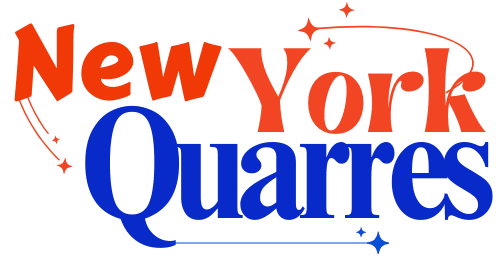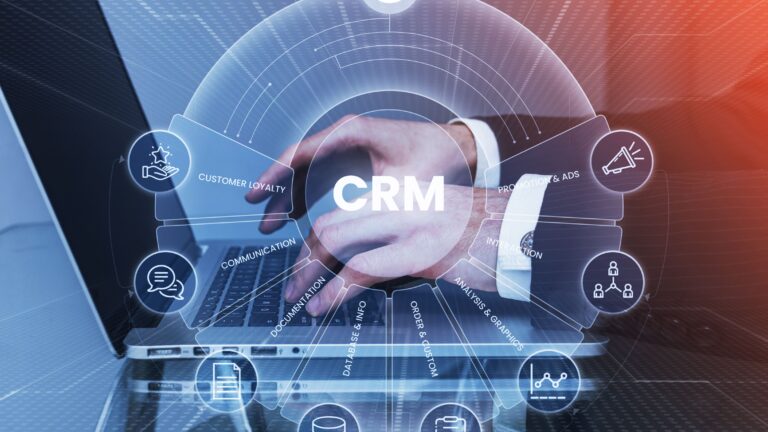The success of businesses is contingent on the proper communication between their salespeople and researchers. The two departments have distinct objectives that are distinct from one another, using distinct operational metrics and procedures that hinder their collaboration. By implementing this customer Relationship Management (CRM) system is designed to reduce obstacles to communication that lead to confusion between the two teams are reduced. CRM software delivers greater business outcomes through its central database of customers that provides a single platform for monitoring interactions, allowing sales and marketing to work more efficiently.
Sharing Customer Insights Across Teams
CRM systems permit sales and marketing teams to enhance their collaboration as they provide the opportunity to share important information about customers and their data. Marketing teams get customer information from their engagement programs as well as social media sites and contact lists, while sales teams rely on direct customer interactions. CRM Software gives the teams one database that is unified for customer data so that they can complete their tasks with the most current information. The data sharing with teams reduces the chance of the chance of communication errors and facilitates a seamless exchange of information.
Real-Time Tracking of Customer Interactions
The capabilities to track customers in CRM systems allow departments of marketing and sales to increase their coordination through the immediate monitoring of customer interactions. Marketing teams can provide sales reps the data they need to modify their strategies by using tools that monitor customer behavior, such as social media interaction, along with email and website activities. Salespeople gain valuable insight by studying the most recent pages of customers, which allows them to talk about topics that are directly linked to the customers’ interests. The sharing of information in real-time through this platform increases efficiency and operational efficiency, while also increasing the likelihood of closing sales.
Transparency and Transparency with Performance Metrics
If you’ve ever wondered What exactly is CRM? It’s a software created to streamline processes, increase collaboration, and build more effective interactions with customers across departments. The information CRM software offers marketers allows them to set their goals in line with the sales staff by displaying important performance indicators. Marketing and selling functions use different metrics, which result in sales efficiency for the sales team and lead sales rate for teams in marketing. The dashboards that are real-time in CRM systems allow teams to monitor their progress and performance, allowing them to ensure that they have the same expectations for departments. An open view of the goals helps teams work better together and results in improved outcomes between departments.
Automating Tasks for Greater Efficiency
CRM software creates communication channels by utilizing the capabilities that allow users to automate follow-up and lead-nurturing processes. Sales reps spend long periods manually following up on leads and overseeing prospect management tasks. CRM software allows time for marketing and sales teams by letting them take control of routine tasks so that they can focus more efficiently on their core tasks. The creation of marketing emails sent out by teams lets sales specialists focus attention on potential customers who have a high conversion rate. Automated process helps improve time management, while also streamlining the flow of marketing tasks to sales activities.
Improving Lead Segmentation and Targeting
The capability to separate leads with CRM systems allows two teams to enhance their communication by delivering specific messages to certain groups. Leader markets allow teams to segment leads based on various criteria, including the age group and individual interests or previous interactions. Sales representatives receive specific lists of leads that have the highest conversion potential from the segmented lead information. Sales representatives are able to dedicate their time and energy to qualified prospects since the approach of the company will direct their efforts towards high-quality prospects, while allowing the marketing team to design better practices by generating feedback from sales. Both teams improve their performance when they share data on the leads they are pursuing and information about their customers.
Tracking the Entire Customer Journey
CRM systems permit departments to keep track of the customer’s entire experience from beginning to finish. The tracking of interactions with customers takes place beginning with the first contact with the company up to post-sales support, by keeping a comprehensive record of these interactions. Both teams are provided with complete customer data to comprehend their needs and the specific needs of each customer, along with their specific areas of concern. Both departments make use of this information for journey positioning to send appropriate messages to customers when they need them most. The implementation of strategies specific to customers builds stronger bonds with clients, which results in higher customer satisfaction.
Ensuring Smooth Handoffs Between Teams
CRM systems allow for more seamless communication between sales and marketing teams, particularly during handovers when leads transfer from sales staff to marketing. CRM systems allow for a continuous flow of information in the process of transferring leads from sales to marketing, by keeping all information available. Sales reps have access to the complete document, together with prior communication logs and customer records, so that they can initiate conversations with a complete understanding of the background of clients instead of having to learn on their own. This change will increase customer satisfaction with customers, which increases the chances of achieving selling success.
Customer Relationship Management software provides essential functions that facilitate the flow of information between sales and marketing specialists. CRM software integrates customer information in a single location, while coordinating repetitive tasks, so that both sales and marketing groups get immediate performance updates, which lead to more coordinated strategies. The document is improved for the customer while facilitating efficient sales conversions and a stronger expansion of business. Companies that are interested in understanding CRM will discover it’s an automated workflow management system that improves collaboration among employees and builds strong connections across departments.




